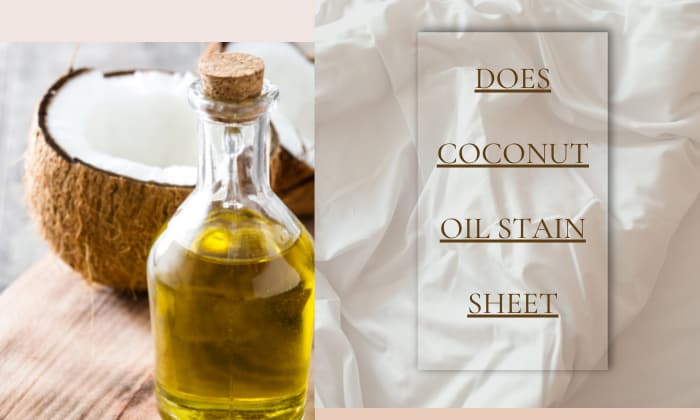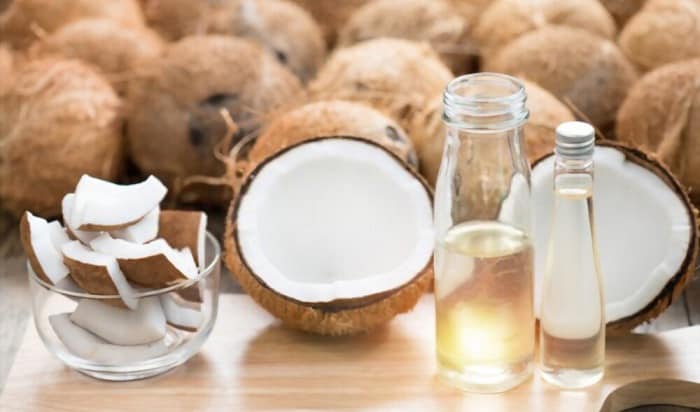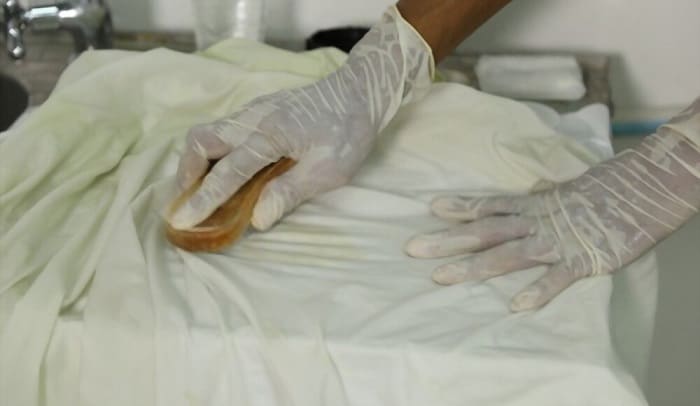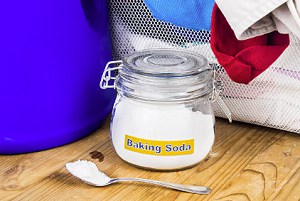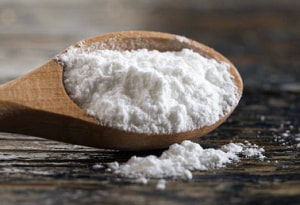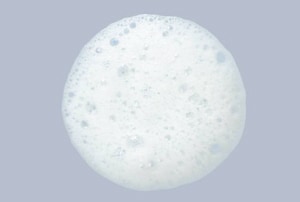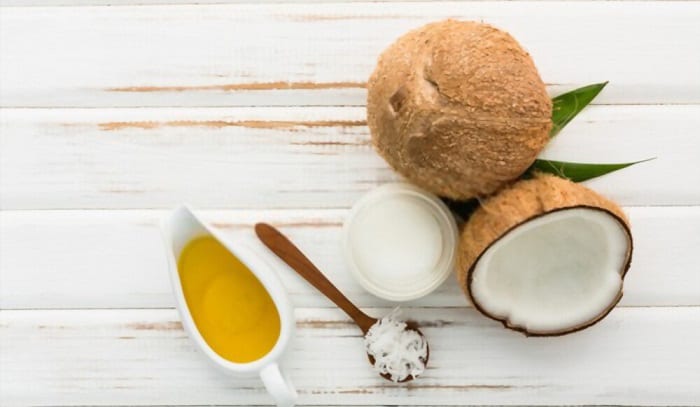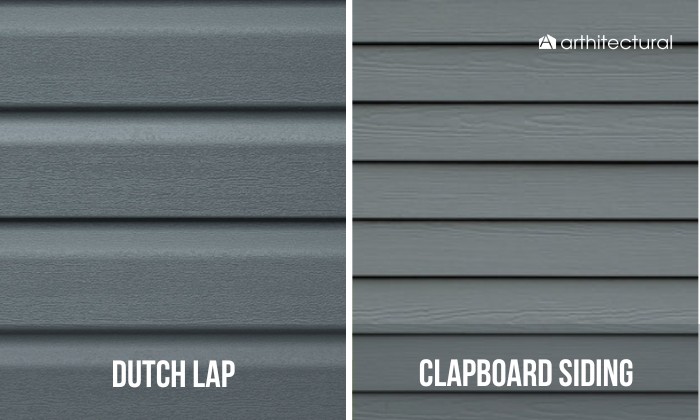Coconut oil is an excellent skincare and haircare product. It can be used as a conditioner and moisturizer to slow down the aging process and fight inflammation. In addition, a spoonful of coconut oil before sleep can give you an energy boost upon waking up.
As you can apply coconut oil on your face overnight or consume it before bedtime, it begs the question, “Does coconut oil stain sheets?” Unfortunately, if not handled carefully, it can leave a nasty stain on your bedding.
Learn why the oil can stain fabric and how to get coconut oil out of sheets.
Table of Contents
Does Coconut Oil Stain Sheet?
Yes, coconut oil can blemish your pristine white sheets. In fact, it can also stain just about any other type of fabric, including clothes, towels, and upholstery. This is because these surfaces can absorb the oil’s fat, which gradually darkens over time.
Don’t make the mistake of thinking that your dark bed sheets are safe from coconut stains. If anything, they will make the process more difficult as you may accidentally ruin the pigment with products like bleach.
To top it off, high heat can complicate the issue even further, as it’ll make the smudge impossible to remove. So if the fatty grease doesn’t completely wash off in the first place, the heat from the dryer will make sure the stain becomes a permanent feature on your sheet.
The good news is dark stains will not happen right away. If you take care of the sheet that comes into contact with coconut oil immediately and properly, ugly blotches likely won’t appear.
And so long as you don’t apply high temperatures to the stains, even older ones can be taken care of. So if you’re sweating in worry about being unable to clean up coconut oil, rest assured—there are easy ways to get rid of coconut oil stain.
One prevalent reason you may accidentally stain your sheets is that you climb into the bed immediately after applying coconut oil. To avoid this, you should put on the oil on your skin at least 10 minutes before bedtime, and rinse or wipe away any excess.
In addition, applying coconut oil by the bed is also an accident waiting to happen. If you so much as slip, the bottle can spill its content onto your bedsheets. Therefore, you can consider using the product in the bathroom, right after washing your face.
Which Coconut Oil Will Likely Stain?
As pointed out above, coconut oils’ fat content is responsible for the dark stains. In other words, the greasier it is, the more likely the coconut oil stain clothing and bedsheets. So, which product has a higher chance of soiling your fabric?
Of the two main types of coconut oil available on the market—raw and refined, the former is more likely to stain your sheet. While most producers will use the term “unrefined,” they may label their products virgin or extra-virgin coconut oil.
Don’t breathe a sigh of relief yet if you’re using processed coconut oil, as it is incredibly fatty and greasy too. In other words, unrefined varieties can still stain your sheet.
Does this mean that you’re out of bed sheet-friendly options? Not quite. Fractionated coconut oil (or MCT), whose fatty acids have been mostly removed, will be least likely to stain fabrics. In addition, this coconut oil come out of clothes quite easily.
Steps to Remove Coconut Oil Stains From Sheets
What to do when coconut oil stain clothes and bedsheets? Take action immediately by following the steps in the methods below.
#Method 1: With dish soap and baking soda
This method generally works best with light-colored fabric that’s not too delicate.
- Gently blot the affected surface with a towel. If possible, use white cotton cloths, as they are the most absorbent and will not transfer color.
- Pour a few drops of dish soap onto the stain and scrub it with a soft toothbrush. Try to keep the toothbrush within the affected area only; otherwise, you may spread the stain. Then, let the soap sit for 10 minutes.
- Pour a generous amount of baking soda onto the stain and leave it there for 1 hour so that it can soak up the excess oil.
- Replace the baking soda after it turns brown.
- Wash with warm water and air dry the fabric. Switch to cold water if your sheet is made from polyester
#Method 2: With arrowroot, cornstarch, or unscented baby powder
Cashmere, wool, silk, and sheets made from organic fibers may discolor when coming into contact with baking soda due to the powder’s high pH.
So, what to use instead if you have to remove oil stains without baking soda? Well, you may want to switch to arrowroot, cornstarch, or baby powder to avoid dulling your fabric.
For this specific method, you can repeat the steps above, with arrowroot/cornstarch in place of baking soda. In addition, you can let the soiled sheet soak in a detergent solution for half an hour before washing it in cold water.
#Method 3: With oxygen bleach
For particularly old stains, baking soda alone will not be enough to tackle the stain. In this case, you’d want to opt for conventional or color-safe oxygen bleach, depending on which type of fabric you’re dealing with.
After pre-treating the stain with oxygen bleach according to the instructions on its label, carry on the cleaning process as you would with baking soda and dish soap.
#Method 4: With spot cleaner (laundry stain remover)
- Clean up the excessive coconut oil with a white cotton towel. Then, use the laundry stain remover on the affected area according to the instructions on the product’s label.
- Wash the clothing with laundry detergents for grease. You may want to check if the detergent is suitable for your specific type of oil stain and fabric. The temperature settings should follow the care label on the sheet/clothes.
- Air dry the fabric. Repeat the steps above if the stains haven’t completely come off.
#Method 5: With rubbing alcohol
Due to how strong rubbing alcohol is, you should avoid using it on carpets. An alternative is to test it on an inconspicuous area first.
If you don’t have rubbing alcohol, a great substitute is acetone, according to Reddit users. However, you may want to forgo this method if the fabric is triacetate, modacrylic, or acetate.
- Gently blot the stain with rubbing alcohol and let it soak for a few minutes.
- Use a bar soap to clean the stain, and rinse the clothes/bedding every once in a while to check if the affected area is clean.
- Wash the sheet and air dry it.
FAQs
Does baking soda take out oil stains?
Absolutely. As shown above, baking soda can soak up oil from the fabric, making it much easier to remove the stain. In addition, baking soda can also help you to remove stains from wood by absorbing the excess oil.
How often should bed sheets be washed?
Always aim to wash your bed sheets once a week. Otherwise, skin irritation will be the least of your worries, seeing as dust mites may make themselves comfortable in your bedding.
If you don’t have the time to wash the bed sheet every week, aim to do it bi-weekly. However, try not to delay this task too long, as a bedding not washed in a month can have more bacteria than a toilet seat.
That said, the timeframe between washes can shorten to once every 3-4 days for people who let pets climb onto their beds.
How do you remove set-in oil stains?
- Dry the fabric if it’s wet.
- Spray oil-based liquid soap or an enzyme-based cleaner onto the old stain. WD-40 is okay too, but you need to be careful to avoid soiling the fabric further.
- With the soap, you can leave it alone for 10 minutes to work its magic. Follow the below steps if you’re using WD-40.
- When the WD-40 has loosened the old oil stain, sprinkle a generous amount of baking soda to absorb it.
- Scrub the baking soda onto the stain until it disappears.
- Soak the fabric in water mixed with a laundry stain remover, such as
- Wash as usual, but don’t use heat to dry the sheet.
Conclusion
Now that you know the answer to “Does coconut oil stain sheets,” I hope you’re more careful next time you use the product. It also helps to remember that coconut oil stain carpet, upholstery, and clothes too.
If you’ve accidentally gotten some coconut oil onto your bed sheet, worry not. As long as you follow our guide and act fast, the smudge won’t become a permanent problem.
Do you have any other unanswered questions? If that is the case, don’t be afraid to reach out to us.

Hi, I am Roseanne Jones, an aspiring home designer that wants to make you feel more at home with your new house.With nearly five years of redecorating old residents and arranging new ones, I am confident that I can give you the best advice on your lovely place.


